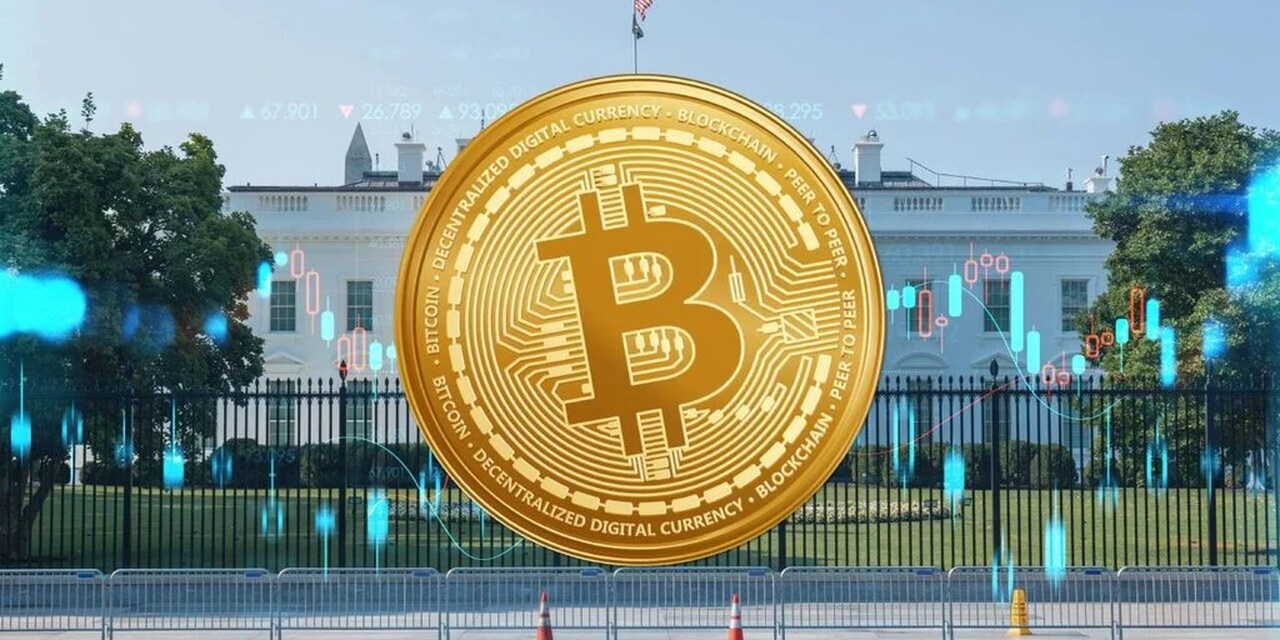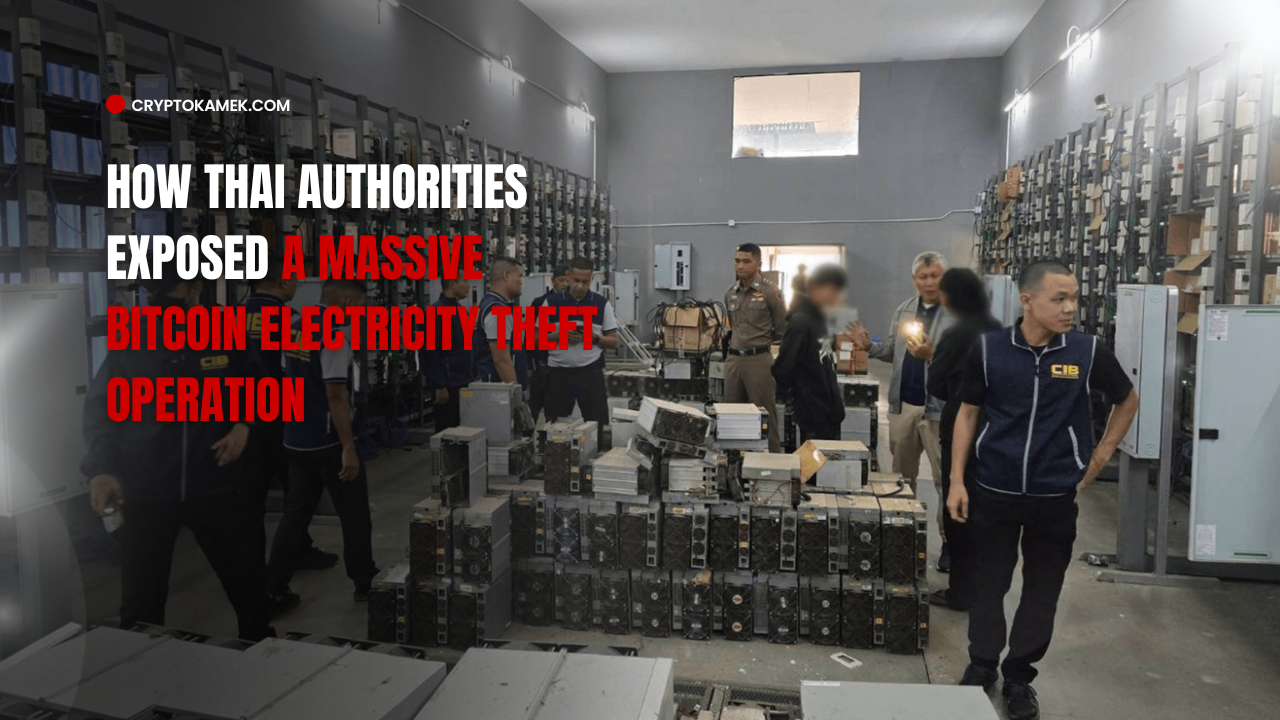

Countries Eye Bitcoin for National Reserves
As Bitcoin continues to gain momentum as a legitimate asset, many countries are beginning to explore how it could play a crucial role in their national reserves. This shift is driven by a desire to bolster economic stability, diversify financial assets, and prepare for potential future monetary challenges. Countries like Brazil and the United States are leading the way, with significant legislative proposals that could reshape their financial futures. But what exactly does this mean for the global economy, and why are nations turning to Bitcoin? Let’s explore.
The Rise of Bitcoin as a National Reserve Asset
In recent years, Bitcoin has moved beyond being a speculative asset to something that nations are considering for long-term economic strategy. The idea of Bitcoin as a national reserve asset is gaining traction in many corners of the world. More countries are recognizing the potential advantages of incorporating cryptocurrencies into their financial systems. But what is driving this trend?
The main reasons come down to economic uncertainty, diversification, and security. Many countries are searching for ways to reduce their dependency on traditional fiat currencies and hedge against potential economic instability. And with the rise of digital currencies like Bitcoin, there’s an opportunity to rethink how national reserves are structured. This shift is particularly significant in light of the ongoing challenges facing global economies, including inflation, currency devaluation, and geopolitical instability.
Key Motivations for National Bitcoin Reserves
Economic Diversification
One of the primary motivations behind using Bitcoin as a national reserve asset is the need to diversify financial portfolios. Countries, especially those experiencing economic volatility, want to ensure they are not overly reliant on a single asset, such as gold or traditional fiat currencies like the dollar. Bitcoin, as a decentralized digital asset, is increasingly being seen as a hedge against inflation and the risks associated with relying on fiat currencies, which can be subject to government policies and market fluctuations.
Geopolitical Stability
In a world where geopolitical tensions are rising, countries are looking for ways to insulate themselves from external shocks. Bitcoin, due to its decentralized nature, provides an opportunity to store value in a way that is less vulnerable to political and economic interference. For nations that want to avoid potential sanctions or trade disruptions, Bitcoin offers an alternative to traditional reserve currencies, such as the US dollar, that may be subject to political pressure.
Technological Advancement
The integration of blockchain technology and cryptocurrencies fits into the broader trend of financial digitalization. By adopting Bitcoin as a national reserve asset, countries are also advancing their technological infrastructure. Bitcoin’s blockchain offers transparency, efficiency, and security, making it a natural choice for countries looking to streamline their financial systems and modernize their approach to managing national reserves.
Brazil’s Bold Initiative
Brazil is one of the countries making headlines with its proposed legislation to create a national Bitcoin reserve. Led by Federal Deputy Eros Biondini, the bill aims to establish the Sovereign Strategic Reserve of Bitcoins (RESBit), which would hold up to 5% of Brazil’s international reserves.
Objectives of Brazil’s RESBit
Brazil’s move is motivated by a number of strategic goals. Let’s take a closer look at the objectives of the proposed RESBit initiative:
- Support for CBDC (Central Bank Digital Currency): Brazil is also working on launching its central bank digital currency, Drex. The proposed Bitcoin reserve would back this digital currency, boosting its credibility and stability in the eyes of both the public and the global financial community.
- Economic Stability: One of the major advantages of Bitcoin, according to Biondini, is its resilience. By holding Bitcoin, Brazil hopes to protect itself against currency fluctuations and the economic turmoil that has plagued many countries over the years. Bitcoin’s limited supply and decentralized nature make it an attractive store of value during uncertain times.
- Technological Integration: The management of Brazil’s Bitcoin reserves would involve advanced technologies, including artificial intelligence and blockchain, to ensure that transactions and oversight are secure and efficient.
The United States’ Strategic Moves
The United States is also exploring the possibility of incorporating Bitcoin into its national reserves. In fact, the idea has already been brought to the table by Senator Cynthia Lummis, who has introduced a proposal called the Bitcoin Law. The law calls for the U.S. Treasury and Federal Reserve to acquire 200,000 Bitcoins annually for five years, which could potentially amass up to one million Bitcoins over that time.
Goals of the U.S. Bitcoin Reserve
The U.S. government’s push for Bitcoin in national reserves is rooted in several key objectives:
- Diversification of Assets: By adding Bitcoin to its reserves, the U.S. would diversify the Federal Reserve’s balance sheet and strengthen the country’s financial resilience. This move would allow the U.S. to hedge against inflation and the potential devaluation of the dollar.
- Long-term Stability: With Bitcoin, the U.S. seeks to safeguard its economic future by preparing for scenarios where the U.S. dollar may face challenges, whether from inflation, debt issues, or external pressures.
- Public Support: The proposal has received support from high-profile figures, including former President Donald Trump. By backing Bitcoin, the U.S. would not only position itself as a global leader in adopting digital assets but also ensure its economic dominance in the evolving financial landscape.
Global Perspectives on Bitcoin Reserves
While Brazil and the U.S. are leading the charge, they are not alone in exploring the potential of Bitcoin as a reserve asset. Countries across the globe are either experimenting with cryptocurrency reserves or seriously considering them:
- Poland: Presidential candidate Sławomir Mentzen has proposed adding Bitcoin to Poland’s national reserves. This move would increase the country’s financial flexibility and could attract foreign investment, positioning Poland as a progressive nation in the cryptocurrency space.
- Russia: Russian lawmakers have advocated for accumulating Bitcoin and other cryptocurrencies in state treasury reserves as part of a broader strategy to reduce reliance on the U.S. dollar. This could help Russia gain more economic independence on the global stage.
- El Salvador: El Salvador was the first country to adopt Bitcoin as legal tender, setting a bold precedent. The country has embraced Bitcoin as a way to enhance financial inclusion and boost its economy. Its approach shows that Bitcoin is already being integrated into national financial strategies, rather than simply being viewed as an investment.
Challenges and Considerations
While the idea of Bitcoin in national reserves is exciting, it comes with its own set of challenges. The volatility of Bitcoin, for one, is a significant concern. Bitcoin’s price can fluctuate drastically in short periods, which could lead to instability in national finances if not managed properly.
In addition, countries will need to create solid regulatory frameworks to govern the use of Bitcoin. This includes setting clear rules on how Bitcoin is acquired, stored, and managed within national reserves. Governments will need to ensure that transactions are transparent and secure, which could involve extensive oversight and the use of advanced technologies.
Finally, there’s the issue of public education. For many citizens, Bitcoin and other cryptocurrencies are still somewhat mysterious. Educating the public about the benefits and risks of digital currencies will be crucial for the success of these initiatives. Building trust in Bitcoin as a reserve asset will require clear communication and ongoing efforts to demystify the technology.
Conclusion
The idea of using Bitcoin as a national reserve asset marks a major shift in global economic strategies. Countries like Brazil and the United States are leading the way, recognizing Bitcoin’s potential to help safeguard national finances, diversify assets, and prepare for future economic uncertainties.
This trend is also reflective of a broader movement toward digitalization in finance. As more countries explore the possibilities of Bitcoin and other cryptocurrencies, the future of money looks increasingly digital and decentralized.
However, the journey is not without its hurdles. The volatility of Bitcoin, regulatory challenges, and the need for public education are just a few of the obstacles that nations will need to overcome. But with each step forward, Bitcoin continues to prove that it is more than just a digital asset—it is a potential game-changer in the way countries manage their economies in a rapidly changing world.
As more nations consider integrating Bitcoin into their financial systems, the coming years will reveal whether this trend solidifies into a lasting paradigm shift or remains a temporary experiment in the evolution of global finance. One thing is clear: Bitcoin’s role in national reserves is a conversation that’s just getting started.






